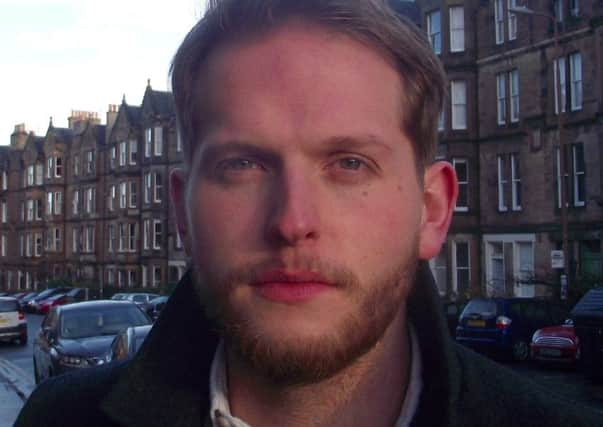Jolly good Fallow?


Paul is the narrator, a voluble and, as we will discover, a less than reliable one. At first he seems to be what he presents himself as: the caring, responsible guardian of his withdrawn and damaged brother. Yet even in the first chapters he displays an aggression and furtiveness that suggest otherwise. He incites Mikey to acts of violence in what he tells him is self-protection, but it is Mikey, not Paul, who has moments of tenderness; Mikey, not Paul, who seems vulnerable.
The book comes with a recommendation from Alan Warner who calls it “a brilliant, unpredictable road novel”. There are certainly moments of brilliance – Shand is good on place, mood, and action, and it may indeed be described as a road novel, since the brothers wander wildly over the country, sometimes on foot, sometimes in stolen vehicles.
Advertisement
Hide AdAdvertisement
Hide AdIn the best tradition of the picaresque, they encounter a variety of people, some friendly, some hostile, some a bit crazy. Towards the end they find themselves in a protest camp run by New Age religious zealots. There is a wealth of incident and not all actions apparently have the consequences you might expect. A man, for instance, is killed and buried and his house briefly taken over, with no subsequent fuss. The reader’s credulity is likely, quite often, to be strained near to breaking-point. Some suspension of disbelief is therefore necessary.
Yet if the novel was simply a picaresque tale, one thing after another, it might be enjoyable enough, but no more than that – especially since few of the characters the brothers meet are interesting, one or two barely convincing, and the dialogue is for the most part drab.
The real interest of the novel lies elsewhere, and is of high quality. The shifting relationship between the brothers is deftly and intelligently explored and developed. You may anticipate the denouement, while being unsure of just how and when the mystery will be unravelled.
Shand is concerned with the complexity of feeling, the tensions between the brothers and also a depth of affection surprising but believable in the circumstances.
Advertisement
Hide AdAdvertisement
Hide AdEssentially it’s a psychological study and the person under the microscope is the unreliable narrator, apparently concerned at the outset only to protect his damaged younger brother. In the course of the narrative the relationship is turned inside-out, upside-down. What we are invited to take as fact comes to seem fancy. Now you see it, now you don’t. Who, one wonders, is the brother really in need of protection? And from what? Shand coolly presents us with the disintegration of a personality. He does so with considerable skill and daring – daring because it might have been easier to show this in a third-person narrative. However, he brings it off.
Fallow is a first novel, and like many first novels is overpacked: too many incidents, too many characters (though some of the minor, incidental ones are neatly and pleasingly done), too many scenes that go on after their purpose has been served. You might call it self-indulgent.
But it is redeemed by its psychological acuity, and the author’s ability simultaneously to observe and inhabit his characters, to present them as they are, and, in the case of Paul, as he sees himself and unwittingly reveals himself.
Daniel Shand is a young writer, still in his twenties. I’m pretty sure he won’t be a one-book novelist. He will do better than this, but this is a very good beginning.